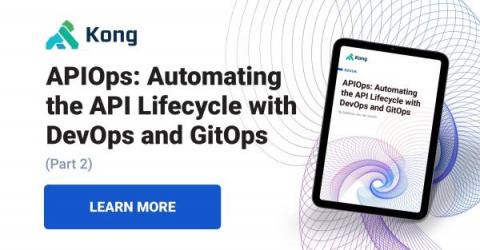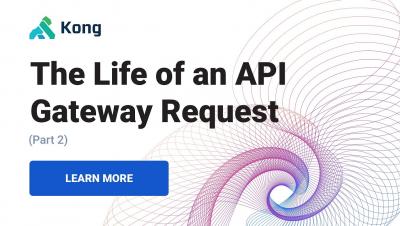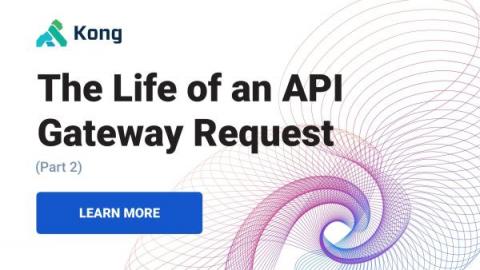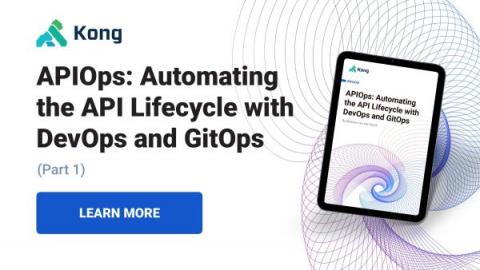Automating the API Lifecycle With APIOps: Part II
In the last blog post, we discussed the need for both speed and quality for your API delivery and how APIOps can help achieve both. In this part of our blog post series, we’ll walk through what the API lifecycle looks like when following APIOps. We’re still following the best practice we’ve established in the industry over the years, but what you’re going to see is that the processes we follow at each step of the API lifecycle – and between each step – have changed.










